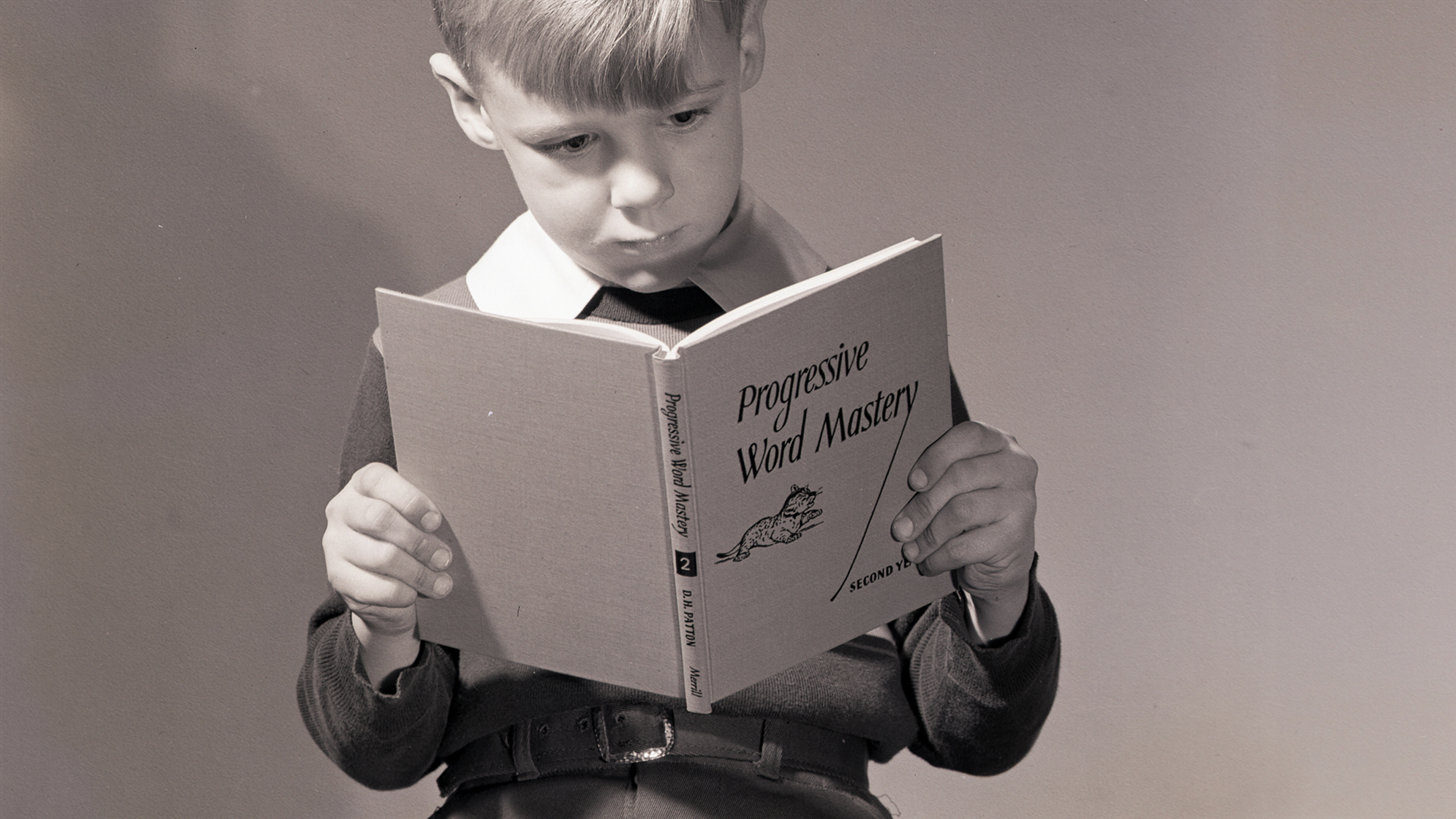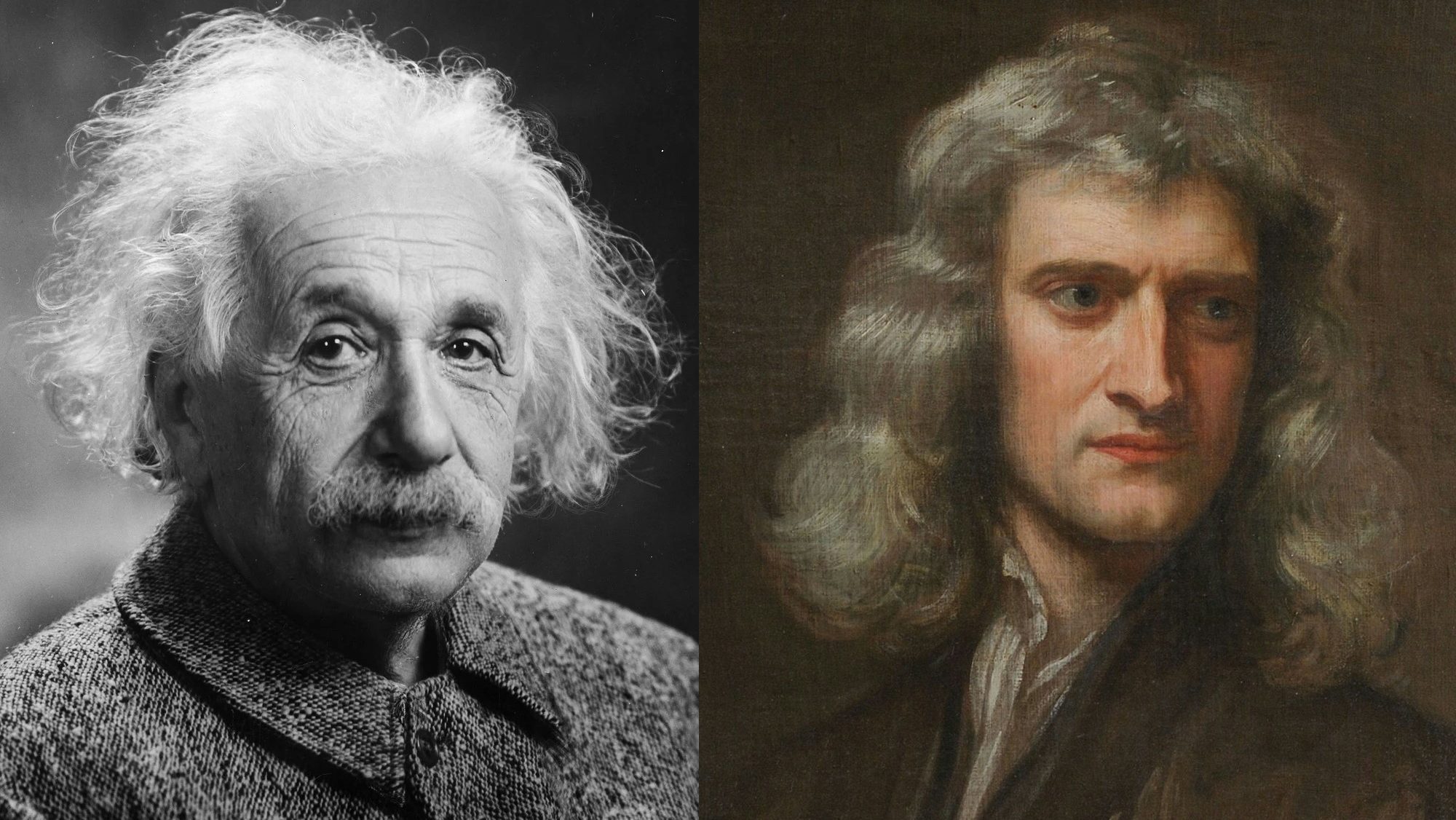Do Gifted Students Need a Stimulus Bill of Their Own?

Yesterday I blogged on the depths to which the American student’s performance has slipped due to the shambling state of our public education system. Today I was heartened to see the Intel Science Talent Search winners were announced and it appears there is hope yet among the younger generation.
The top prize of $100,000 went to Eric Larson of Oregon for classifying fusion categories for the first time in higher mathematics. Second place went to William Sun whose research into molecular interactions with intracellular transport could have a far-reaching impact on drug treatments for diseases like Alzheimer’s. Third place went to Wisconsin high schooler extraordinaire Philip Striech whose work with carbon nanotubes has resulted in five provisional patents.
With purses that could cover most or all of an undergraduate education, the Intel winners are doubtlessly proud of their achievements. But chances are they have weathered education systems that have been less than supportive of their talents.
The Fordham Institute reports that accountability systems like the No Child Left Behind Act that have been mandated vigorously for years at the state and federal levels can be effective in bringing failing students up to grade level but offer virtually nothing for high achieving students. With resources allocated toward fulfilling standards for the lower and middle percentiles, catalyzing a gifted student’s potential becomes a foregone conclusion. Even if meeting standards was not the number one priority in most school districts, 61% of American teachers lack training in gifted education which results in 84% of gifted students stuck with banal curricula, according to the Neag Center for Gifted Education and Talent Development at the University of Connecticut.
But for the moment let’s salute the Intel winners and hope their accomplishments inspire great numbers of their peers to follow suit. Also note that Big Think will be speaking with young gifted minds in the coming weeks to explore precocity, talent and intellectual performance in individuals under 25.





